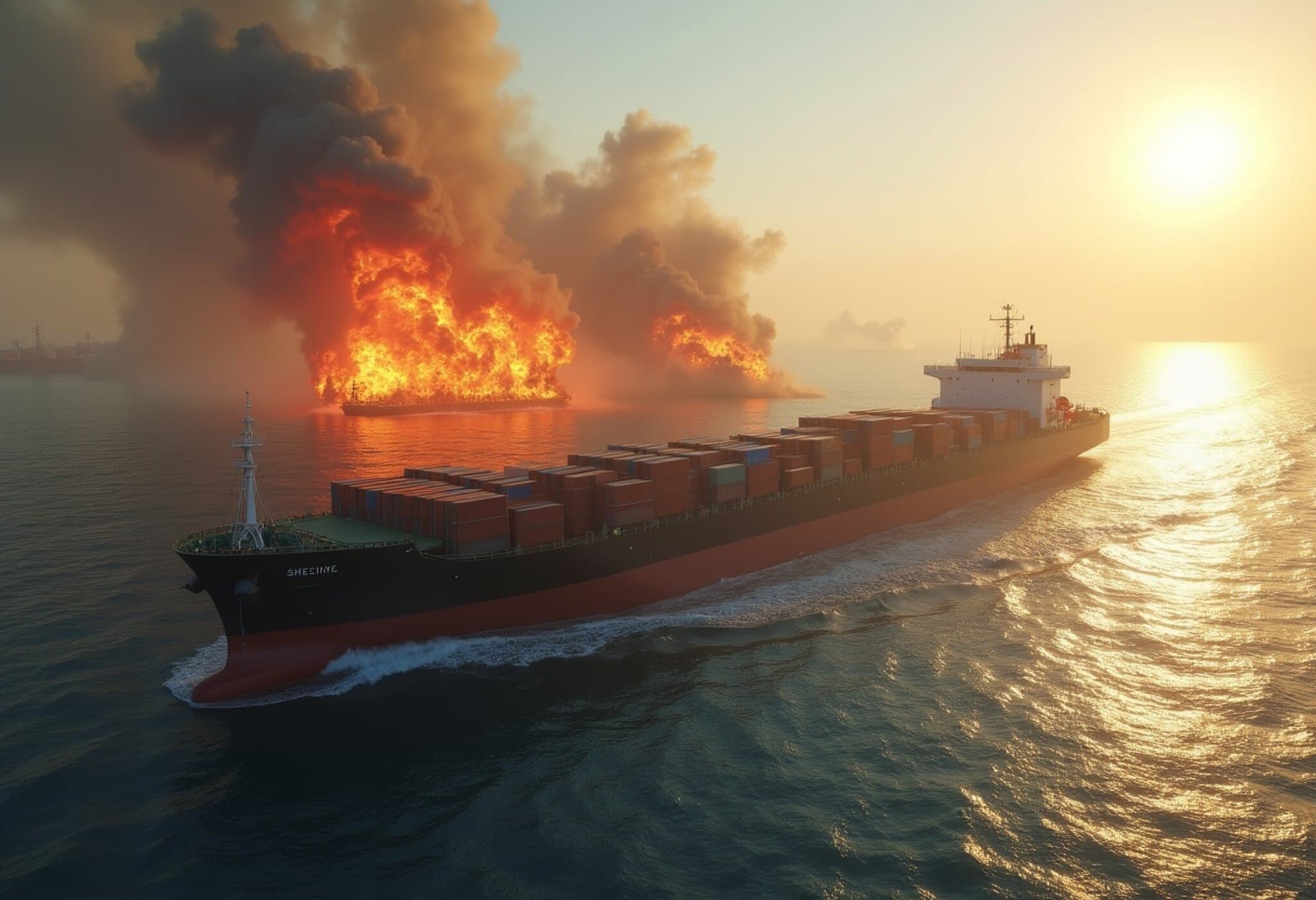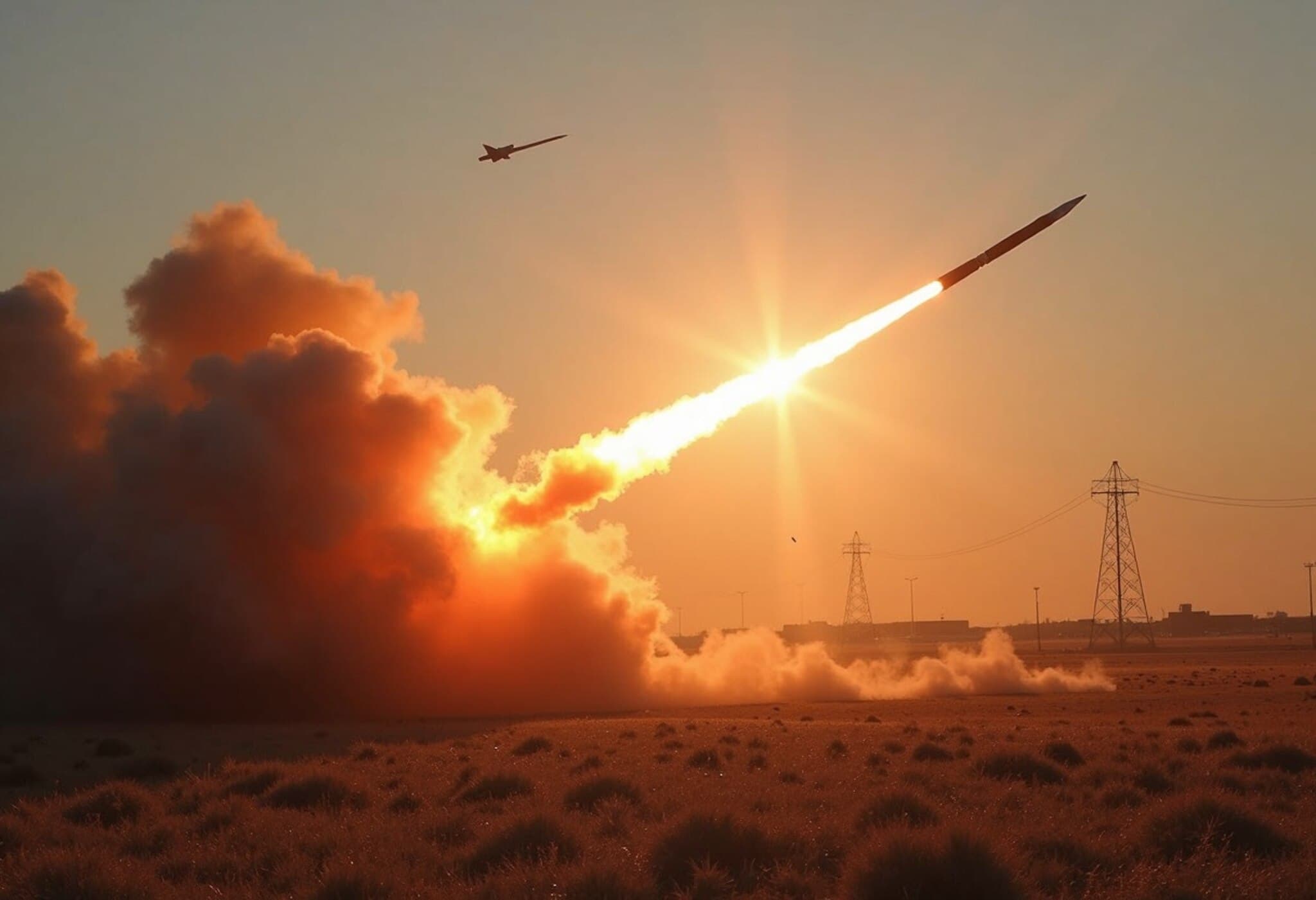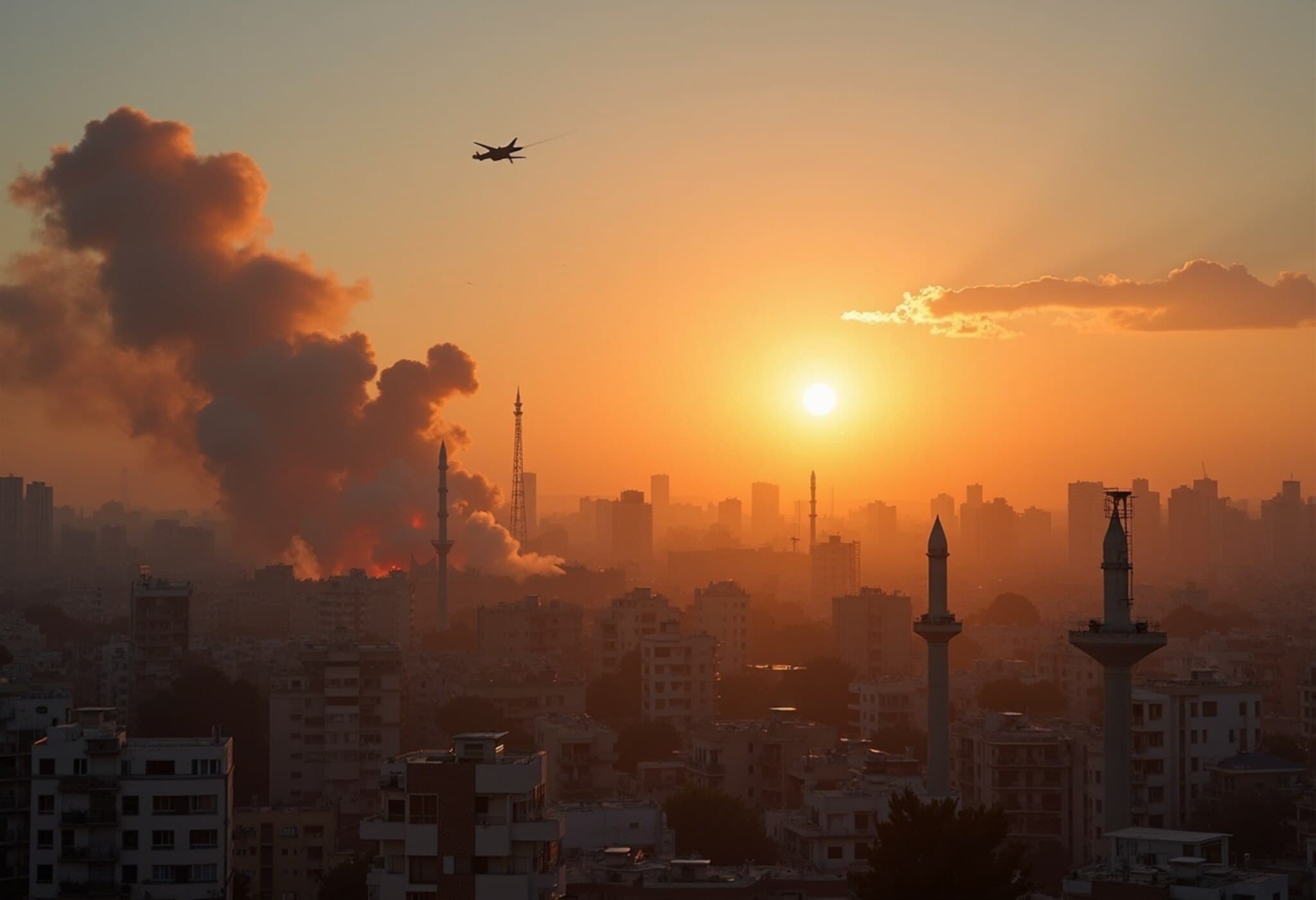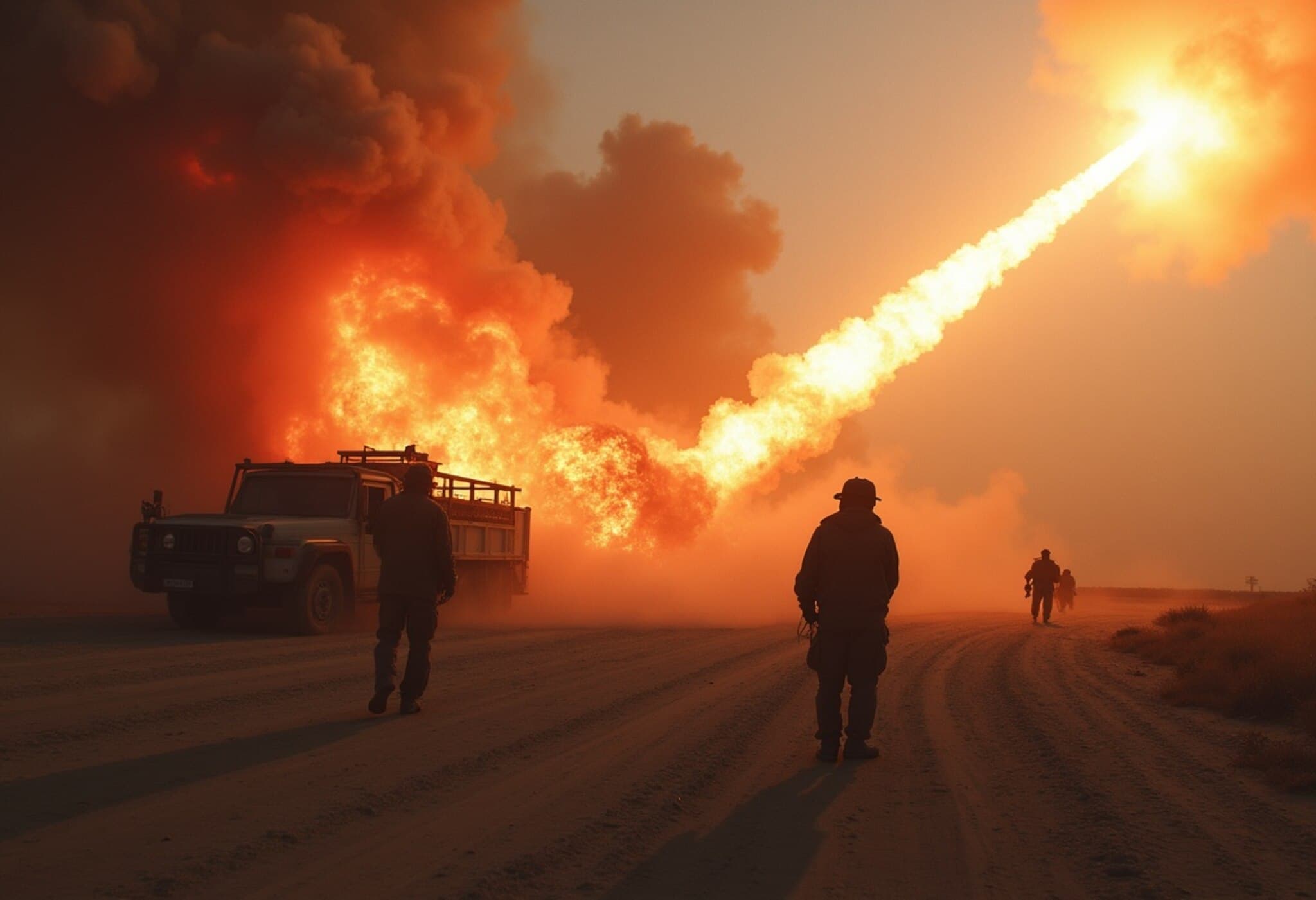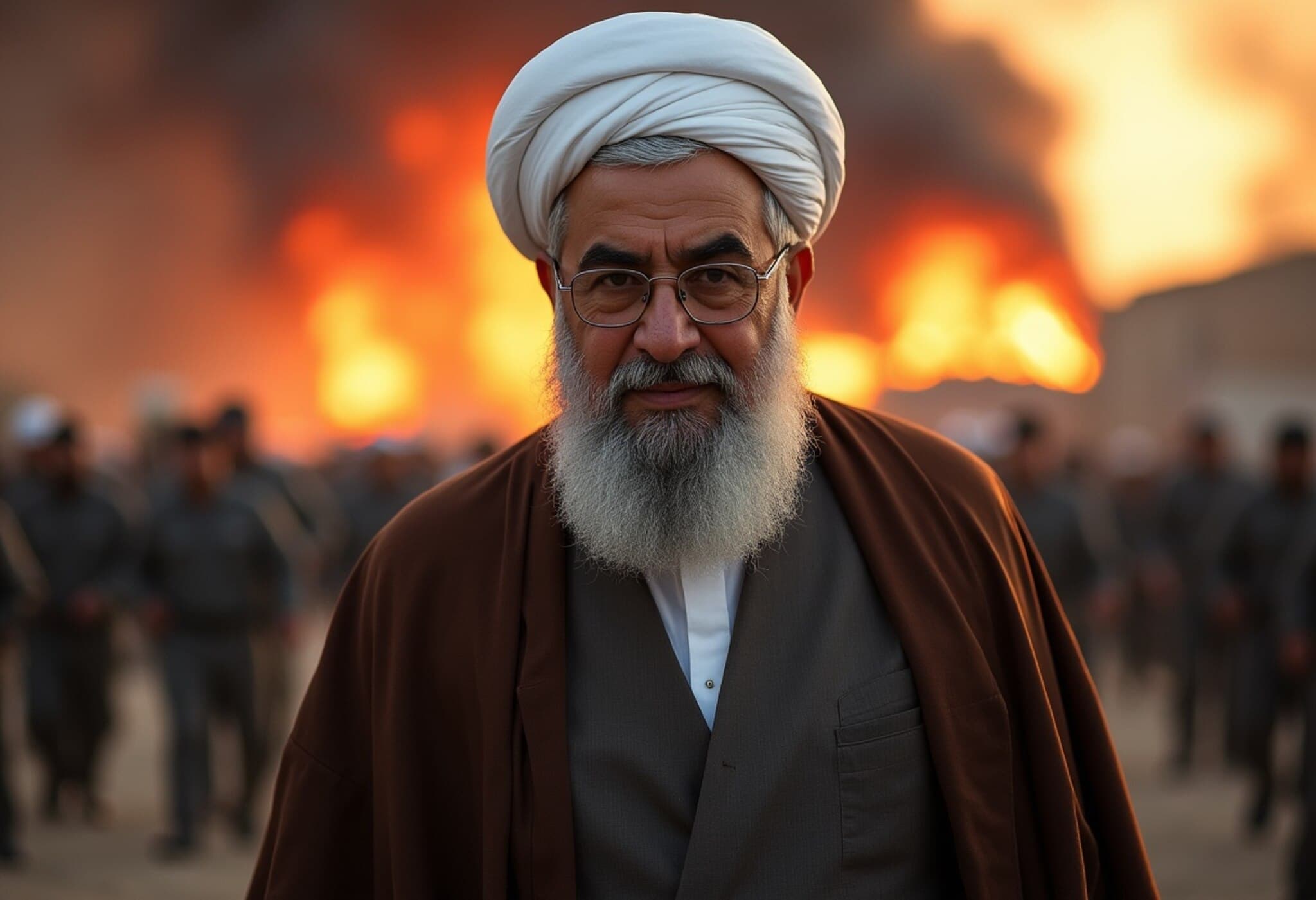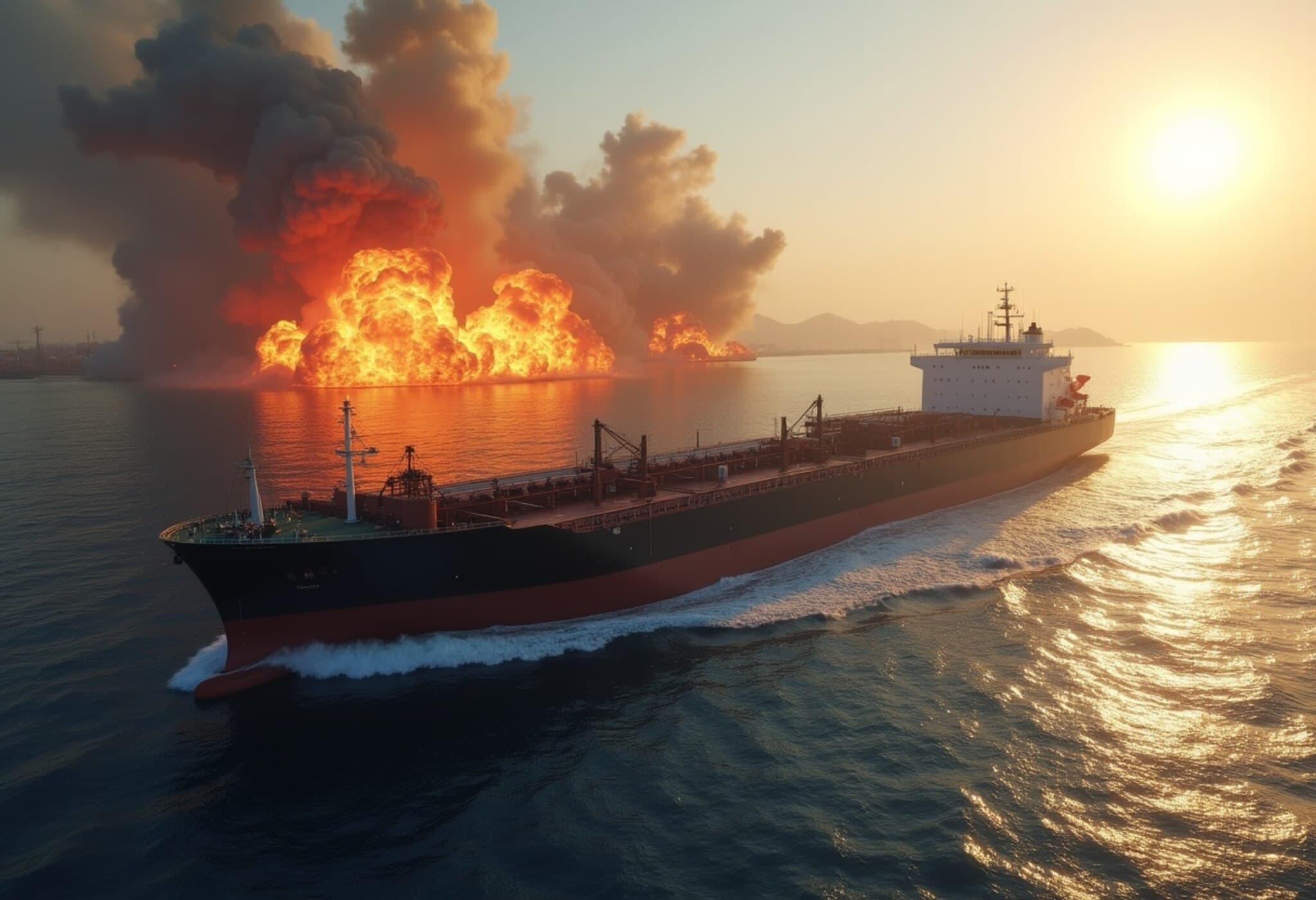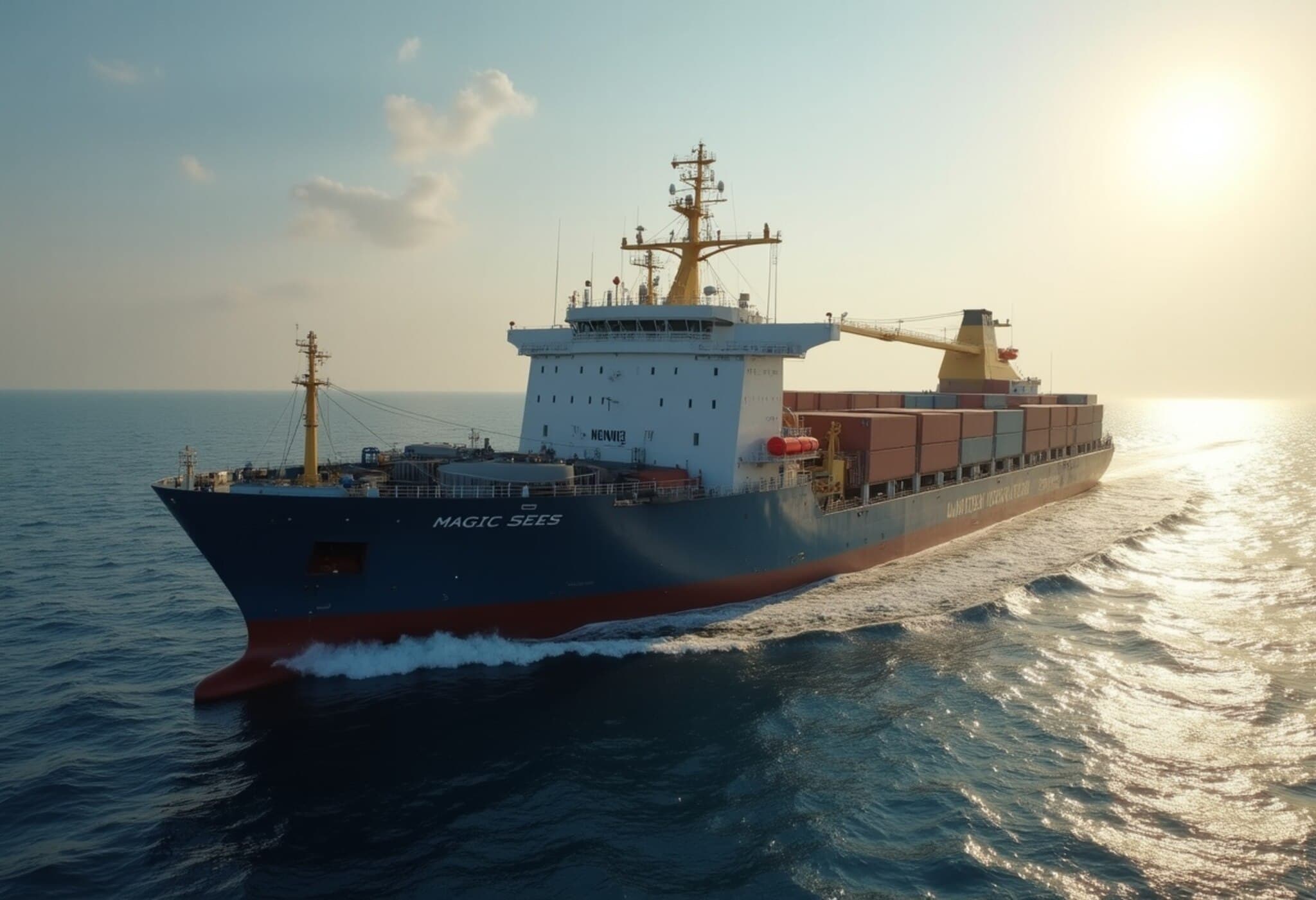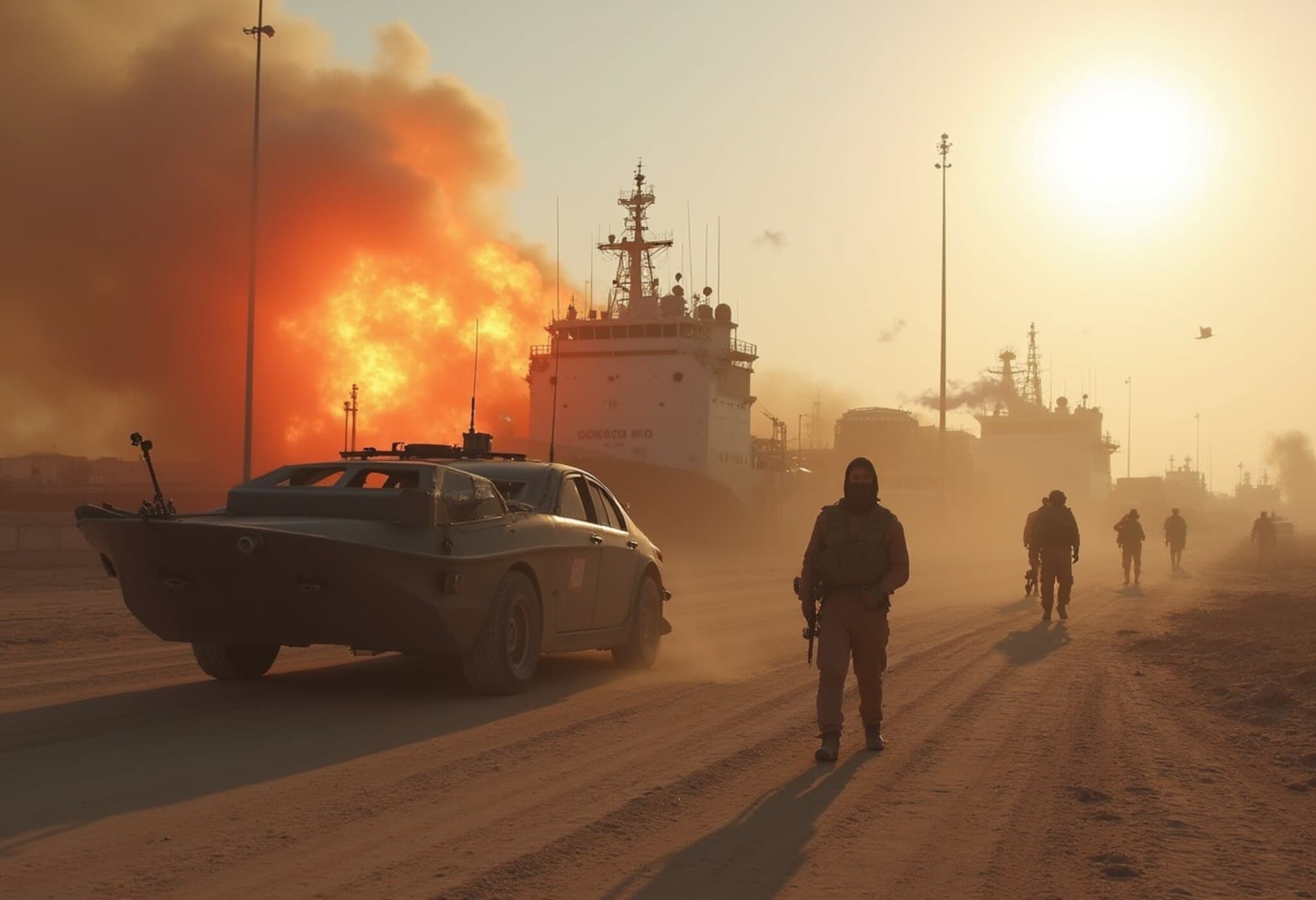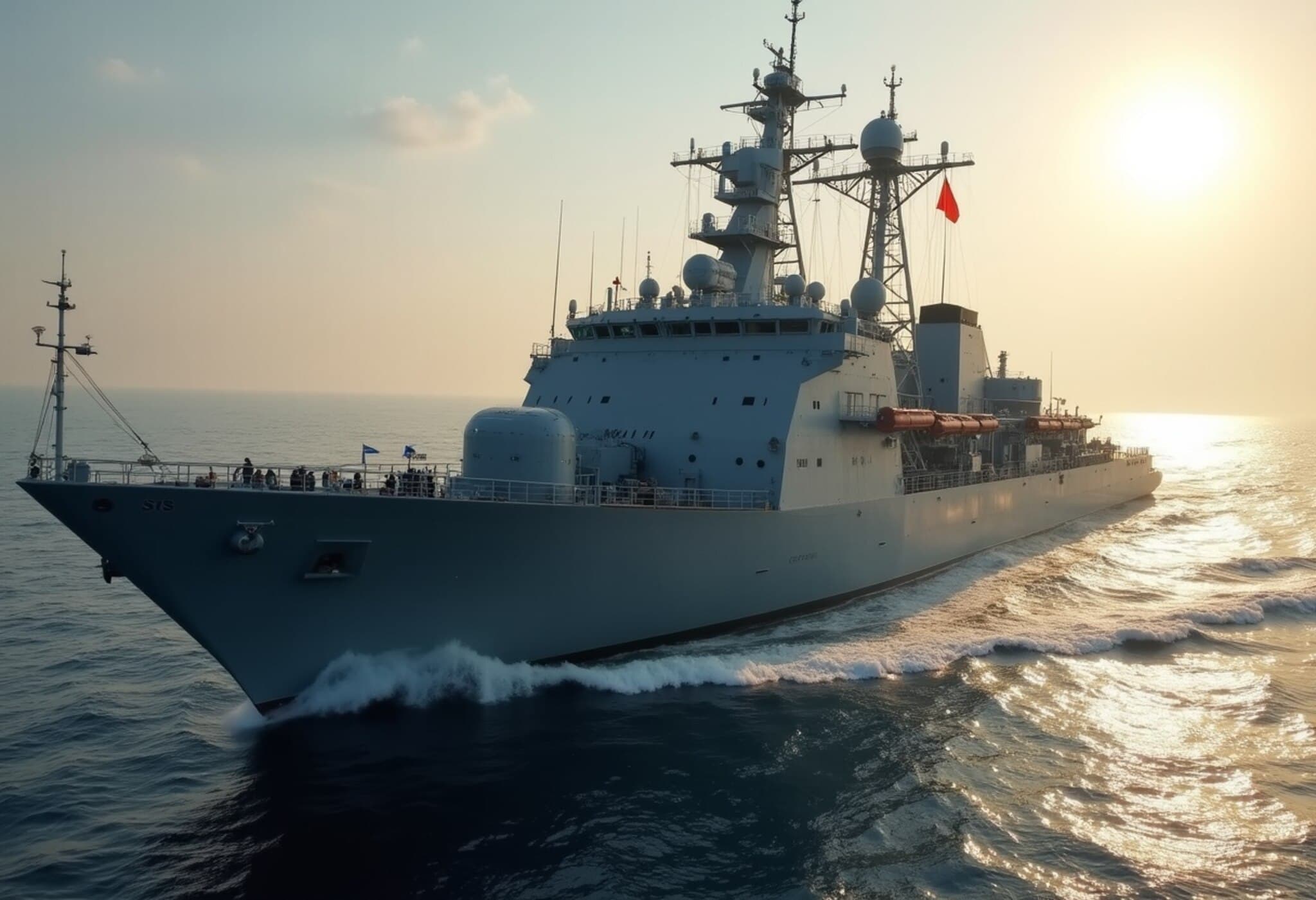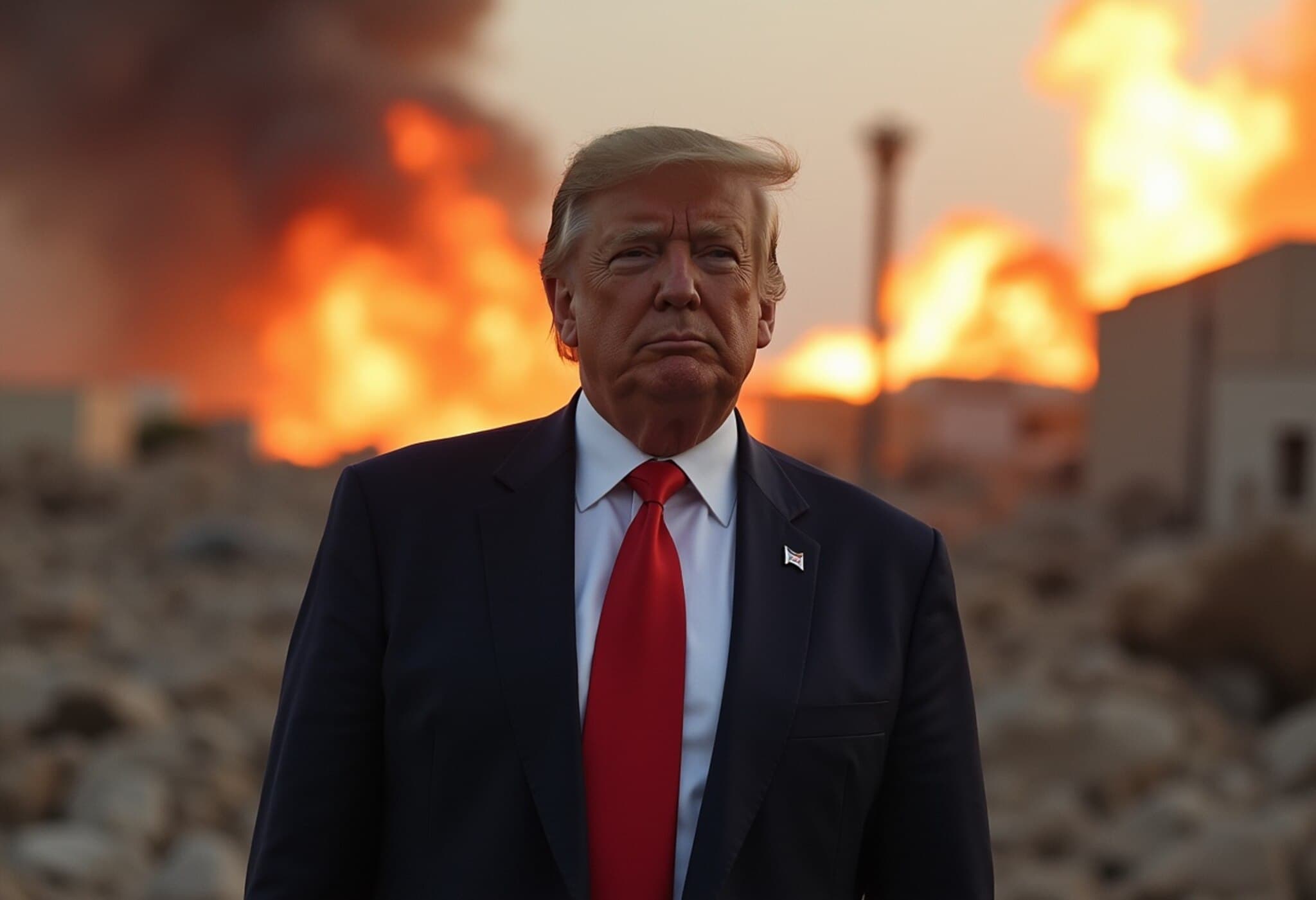Israel Launches Airstrikes on Houthi-Held Ports in Yemen
In a marked escalation of regional conflict, Israel conducted a series of airstrikes on key Houthi-controlled port cities in Yemen, including the strategic Hodeidah port, on July 7, 2025. These strikes, confirmed by Israeli military spokespeople, are part of what Israel describes as efforts to dismantle what it calls the “terror infrastructure” operated by the Houthi movement along Yemen’s western coast.
Targeted Locations and Warnings to Civilians
Israel’s Arabic-language spokesperson Avichay Adraee named the ports of Hodeidah, Ras Isa, and Salif, along with the Hodeidah power station, as key targets. Prior to the strikes, Israel issued urgent evacuation notices to civilians and workers at these locations, warning of imminent military action amid escalating tensions.
This preemptive civilian alert underscores the complexity and sensitivity of the engagement, given that these ports serve not only military logistics but also critical humanitarian and commercial functions for a country entrenched in conflict.
Impact on Red Sea Security and Global Shipping
The strikes come at a time when the stability of the Red Sea shipping lanes is increasingly at risk. Following Israel’s warnings, the UK Maritime Trade Operations (UKMTO) reported a separate assault on a commercial vessel near Yemen’s Al Hudaydah port. Armed assailants in small boats reportedly fired weapons and rocket-propelled grenades at the ship, igniting a fire and forcing the crew to abandon it.
This attack highlights the expanding theatre of conflict that jeopardizes vital international maritime traffic. The Red Sea is a critical artery for global trade, linking the Mediterranean via the Suez Canal with the Indian Ocean, making security concerns more than a regional issue—they carry significant international economic consequences.
Broader Regional Context and Diplomatic Movements
These developments unfold against the backdrop of Israel’s ongoing military campaign against Hamas in Gaza, which has already reverberated through regional politics and security. Diplomatically, Israel has dispatched negotiators to Qatar, signaling tentative steps toward a possible ceasefire in Gaza. This comes just before Prime Minister Benjamin Netanyahu's scheduled discussions at the White House, aimed at exploring pathways toward de-escalation.
Expert Commentary: Unpacking the Escalation
From a strategic perspective, Israel’s airstrikes against Houthi-controlled ports reveal a widening scope of its military objectives. By targeting Yemen’s western coast, Israel seems intent on addressing threats that extend beyond traditional battlefields, aiming to curtail what it perceives as Iranian-backed Houthi capabilities that could affect maritime security in the Red Sea.
Legal analysts point out that while Israel asserts self-defense rights, the complex humanitarian and sovereign implications of striking ports crucial to Yemen’s civilian population could raise questions under international law and exacerbate the already dire humanitarian crisis in Yemen.
Moreover, economic experts warn that sustained instability in Red Sea shipping routes could drive up global energy and commodity prices, affecting markets far beyond the Middle East.
What Lies Ahead?
- Escalation risks: Increasing military actions could trigger broader confrontations in a highly volatile region.
- Humanitarian impact: The targeting of ports vital to aid deliveries may worsen Yemen’s humanitarian emergency.
- International response: Global actors will likely face pressure to intervene diplomatically to restore maritime security.
Editor’s Note
The airstrikes on Yemen’s Hodeidah port mark a significant intensification in the regional struggle involving Israel and Houthi forces. While Israel frames these actions as essential to its security, the broader implications—ranging from humanitarian fallout to destabilizing vital global shipping lanes—cannot be ignored. Observers and policymakers alike must consider how this expansion of conflict dynamics may affect not only Middle Eastern geopolitics but international legal norms and economic stability.
As developments unfold, critical questions remain: How will this impact civilian populations reliant on these ports? What are the red lines for other regional players including Iran and Gulf states? And can diplomatic initiatives successfully stem the tide of violence before it engulfs the Red Sea corridor?

